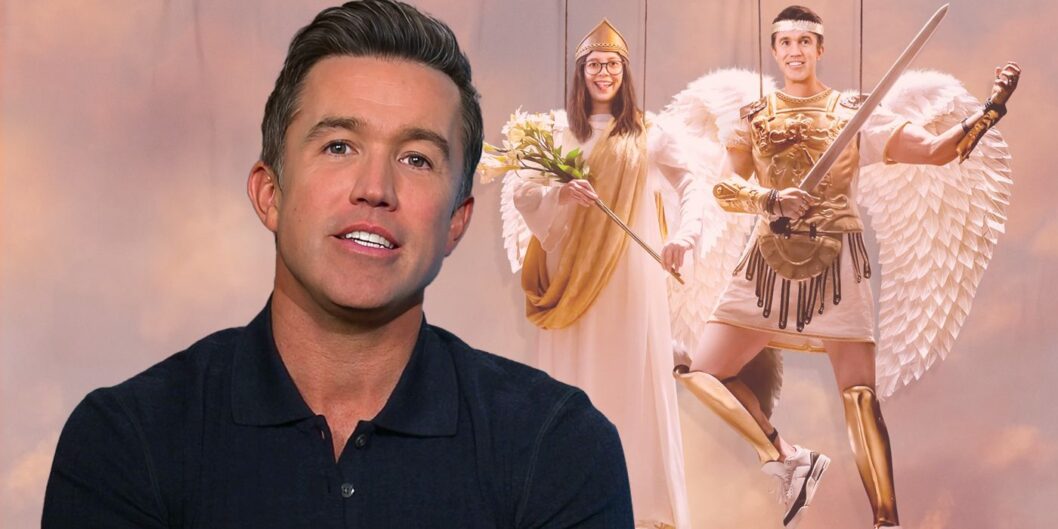Rob McElhenney Discusses Character Development and Storytelling in ‘Mythic Quest’ Season 4
In a recent interview with Collider’s Joe Schmidt, Rob McElhenney, co-creator and star of Apple TV+’s critically acclaimed series Mythic Quest, delved into the upcoming Season 4. The show, which explores the dynamics of a video game studio, has garnered a loyal following thanks to its innovative storytelling and strong character arcs. This season promises to continue exploring themes of authenticity in character growth and narrative complexity.
Character Growth and Authenticity
McElhenney emphasized the importance of maintaining authenticity in character development, stating that while characters can evolve over time, it must feel organic to their established personas. "If a character completely changes and learns something significant, much like in a movie, then the story typically ends," he explained. He noted that sustaining tension within the series is crucial, allowing characters like Ian Grimm, played by himself, and Poppy, portrayed by Charlotte Nicdao, to experience nuanced growth without jeopardizing the show’s momentum. "It’s always a slippery slope when you start changing a character like this because it completely subverts what you’re initially intending to do with the show," McElhenney said.
Standalone Episodes and Central Themes
One of the show’s distinguishing features is its standalone episodes, which allow for deeper storytelling outside the main narrative arc. McElhenney highlighted a notable arc involving reconciliation between father and son, a storyline that was driven by writer and director Megan Ganz. "She really wanted to make sure that we were doing a service to that particular story and to that particular character. She led the charge on that, and she was 100% right," he remarked. This approach allows the series to explore complex emotional themes while maintaining its comedic roots.
Subverting Expectations Through Genre Shifts
Throughout the interview, McElhenney stressed the importance of subverting audience expectations. He recalled moments during the show’s development when they realized they could experiment with various genres and storytelling techniques. "If you surround yourself with the right people and really creative minds, and recognize there are no rules—outside of the rules of good taste and legality—it’s just storytelling," he explained. The key to their success, he noted, lies in crafting a narrative that is both "surprising and inevitable," a balance that draws viewers in and keeps them engaged.
Potential Crossovers and Future Directions
In a light-hearted moment, McElhenney was asked about potential crossover scenarios for Mythic Quest. He jokingly suggested the show could intersect with HBO’s The Last of Us, envisioning a darkly humorous scenario in which the contagion from the acclaimed zombie drama invades their office environment, leading to unexpected and funny outcomes. "I think that’d be pretty rad," McElhenney quipped, showcasing his willingness to explore unique narrative possibilities.
Conclusion
With its blend of humor, complex storytelling, and character-driven narratives, Mythic Quest Season 4 is set to further establish the series as a standout in the streaming landscape. Through McElhenney’s insights, it becomes clear that the creators are committed to authenticity and evolution within their characters while also challenging the boundaries of conventional television storytelling. New episodes of Mythic Quest premiere on Wednesdays exclusively on Apple TV+, offering fans a chance to dive deeper into the hilariously complicated world of game development and interpersonal dynamics. As the series continues to innovate, it also raises intriguing questions about the future of character development in long-running shows.









